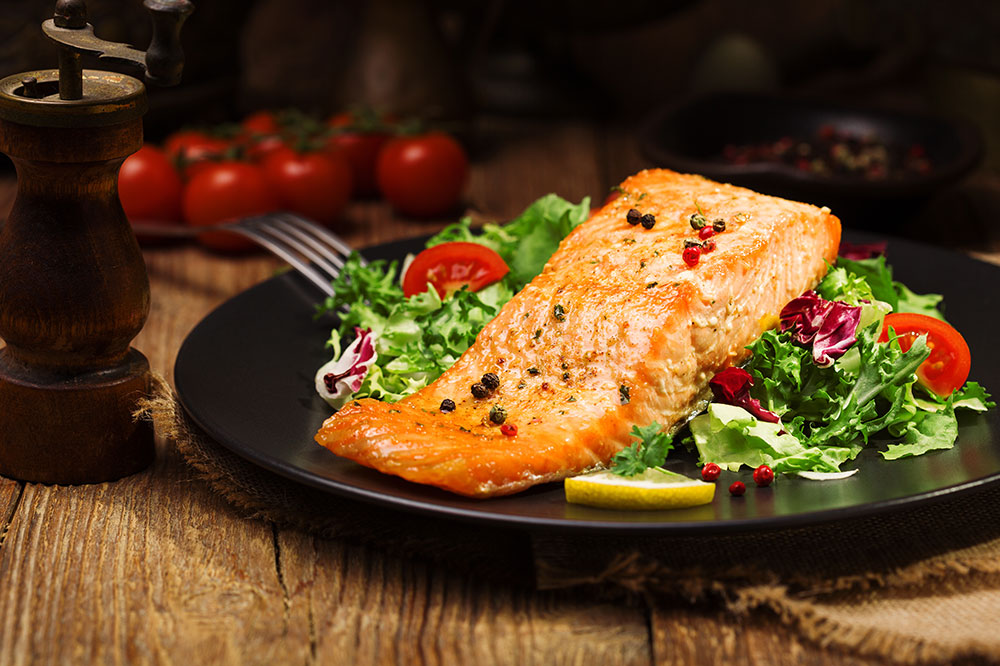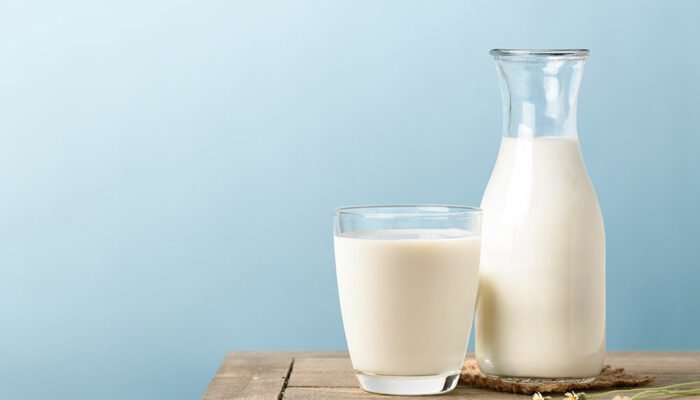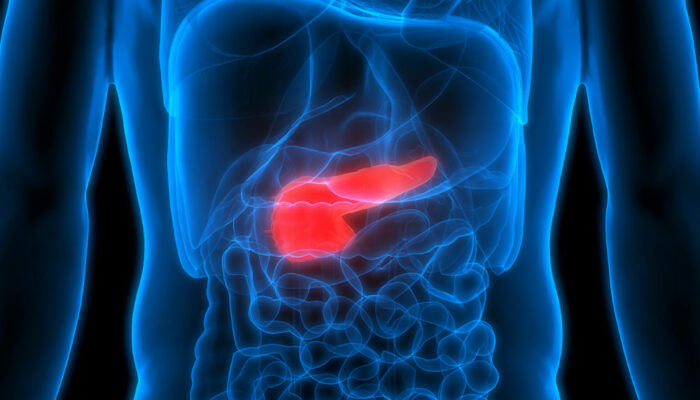
6 Human Foods That Are Safe for Cats
Under-the-table deals are not restricted to dons and leaders in Hollywood movies. Every pet parent has the urge to feed their pets off the table. But unlike humans, the gastrointestinal tracts of cat are built differently. It is important to be aware of what foods are dangerous and what foods are safe for your feline friends. Here are six human foods that are safe for cats.
1. Dairy
Most dairy foods are safe for cats. Some cats become lactose intolerant as they age, but kittens show some affinity toward milk. Yogurt is easier to digest than milk as the lactose is already broken down and helps you introduce calcium and probiotics in your cat’s diet. Remember to feed dairy in small doses to prevent upsetting your cat’s stomach.
2. Seafood
You can see the image of a cat holding a fish in many cartoons. Different kinds of creatures from the ocean are safe for your pet cats. Salmon is a good source of both protein and fatty acids, Omega-3s and 6s. It is best to avoid canned fish as they contain excess sodium. Fish that come stored in oils are also bad for cats. However, fish oils are excellent for your cats’ skin and coats.
3. Chicken and Eggs
No matter which came first, both can go into your cat’s stomach. Protein-filled eggs are healthy snacks for cats. Ensure you cook it to keep water-borne diseases away. Being carnivores, feeding your cat chicken is a no-brainer. It is a good source of lean proteins, and as long you cook the chicken and remove the skin, it can do cats no harm.
4. Greens
Cat need greens just as much as human children. Full of vitamins A, C, and K and rich in minerals like iron and calcium, spinach is perfect for cats, as long as they don’t have a history of kidney problems. Lettuce and broccoli are full of essential fiber. You can give both fresh or frozen green beans and peas to cats. Cooked cabbage is also safe for cats and helps keep the gastrointestinal tract, skin, and coat healthy.
5. Fruits
As you treat yourself to a fruit salad or fruity pies and tarts, you can treat your cat to small pieces as well. Blueberries, strawberries, and raspberries are rich in antioxidants and low in sugar. Apples are not likely to cause harm if you remove their seeds and skin. Bananas can provide fiber in your feline’s diet. Watermelon helps keep your cat hydrated.
6. Grains
Although a healthy cat meal does not need grains, you can feed many different types of grains to your cat. Cooked rice is an easy-to-digest grain you can provide your cat. Oats are safe and rich in fiber and iron, they’re also good against skin problems. Corn is often an ingredient in cat food and can be fed in small amounts to your feline. Remember not to season any of your cat’s food and not feed any of the grains in large quantities.



